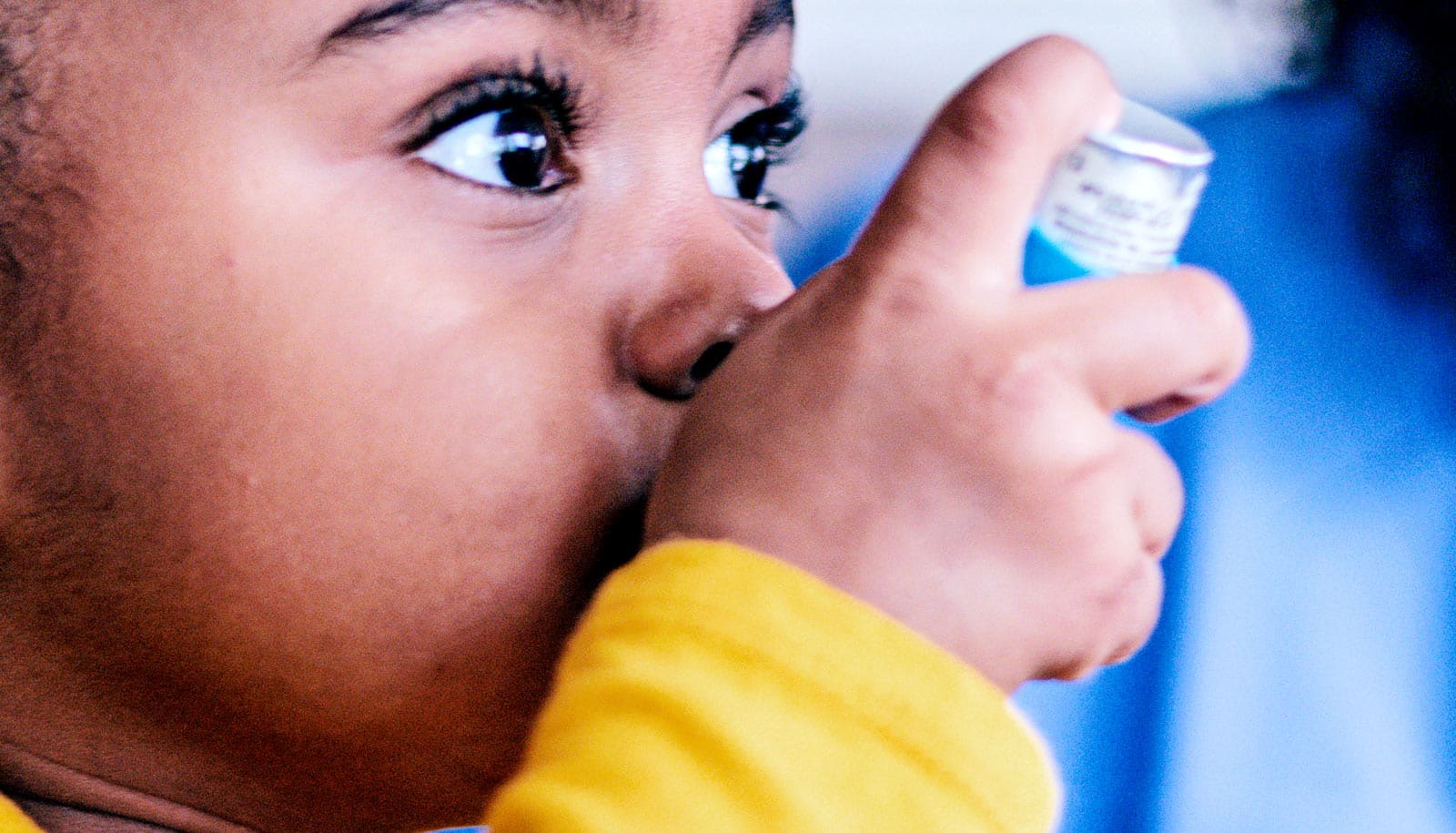How can you tell when your child’s asthma becomes life threatening? A Rutgers University pediatric pulmonologist explains.
Each year in the US, more than 300 children and young adults under 24 and more than 3,000 adults die of asthma—attacks that are often preventable.
“The number is likely higher, however. A person might suffer a fatal asthma attack outside of a hospital, but if they were in cardiac arrest upon arrival at the emergency department, the official cause of death may not reflect the asthma-inciting event,” says Khalil Savary, a pediatric pulmonologist and assistant professor at Rutgers New Jersey Medical School.
Here, Savary, an advocate for asthma education, discusses how families can tell the signs of a life-threatening asthma attack and when to seek help:
What should people know about asthma triggers?
Parents of children who have died of asthma have told me they wished they knew that their child’s triggers and responses can change over time. The smoldering effect of asthma could lead to complete airway constriction.
While asthma triggers vary by person, common triggers are colds, exercise, or allergen exposure like pollen, cats, mice, mold, or dust mites and poor air quality from smoke or pollution, which makes children in cities especially vulnerable.
In fact, in Newark, one in four students have a diagnosis of asthma. In New Jersey, there are about 100 deaths due to asthma each year, with a disproportional amount from minority groups in urban areas.
We are in allergy season right now, so the risk of asthma attacks is higher. Children specifically experience difficulties with asthma when they have exposure to a trigger. To help them recover as smoothly as possible, it is important to make sure there is no other cause of inflammation like mold or smoke in their environment.
What are the signs of uncontrolled asthma?
Signs include coughing in the middle of the night during sleep a few times a month or coughing during exercise, even if it does not slow your child down. Other signs include prolonged coughing over one to two weeks along with an illness, using albuterol more than two times in a week or for more than two days in a row, and if you seek emergency medical attention and receive oral steroids for asthma more than once a year.
What are the signs that your child might need immediate medical attention?
If your child is using albuterol every 20 minutes or even every two hours or if they are not getting the same relief they usually do from the medication, you should seek immediate medical attention.
However, do not wait to the point of emergency. Even if your child is well, it is important to discuss a medication plan with their doctor and make sure you have access to the right medications and a plan when needed.
Source: Rutgers University



